I started battling with anxiety and depression around the age of 14, not long after my great grandmother had passed away. Later down the road, I began to “numb the pain”. The pain I never addressed as a child, which as a result, stuck with me into adulthood.
When I decided to go to treatment, all the emotions, anxiety, and depression came flooding back because I was no longer numbing the pain. I was advised that I was pregnant two weeks into treatment. As a result, I had to learn to cope with anxiety, depression, and recovery at the same time. All the while learning to be a new mother, a single mother at that.
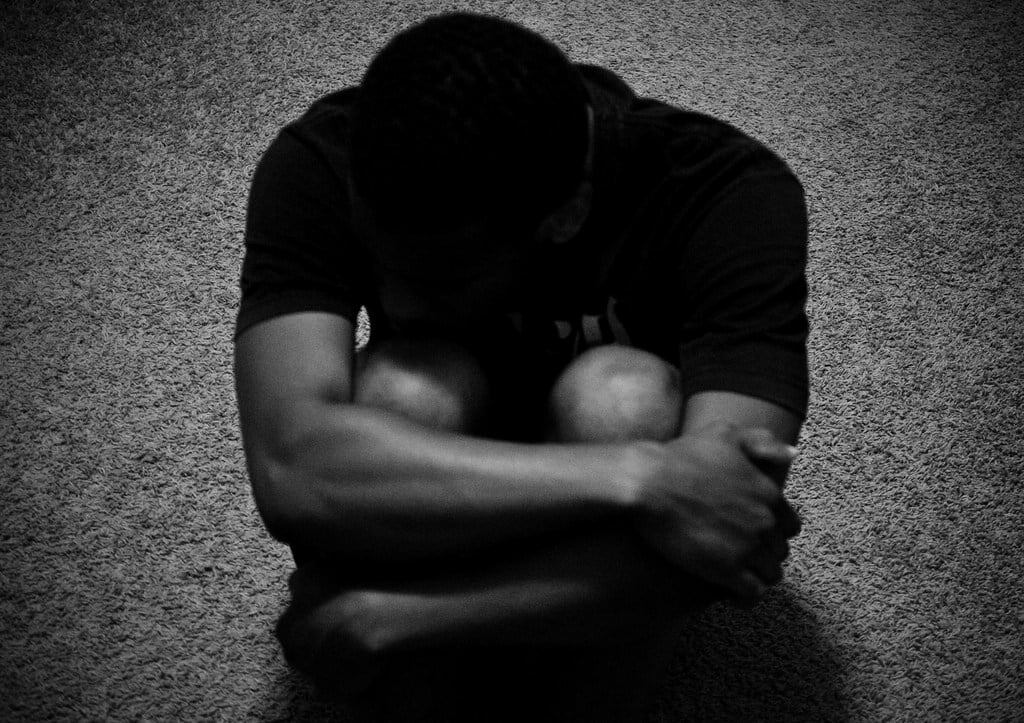
Break It Down: Anxiety and Depression
- Depression is more than just feeling down or having a bad day. When a sad mood lasts for a long time and interferes with normal, everyday functioning, you may be depressed
- Anxiety is an emotion characterized by an unpleasant state of inner turmoil often accompanied by nervous behavior such as pacing back and forth. It includes subjectively unpleasant feelings of dread over anticipated events.
- A Mental Disorder is a behavioral or mental pattern that causes significant distress or impairment of personal functioning.
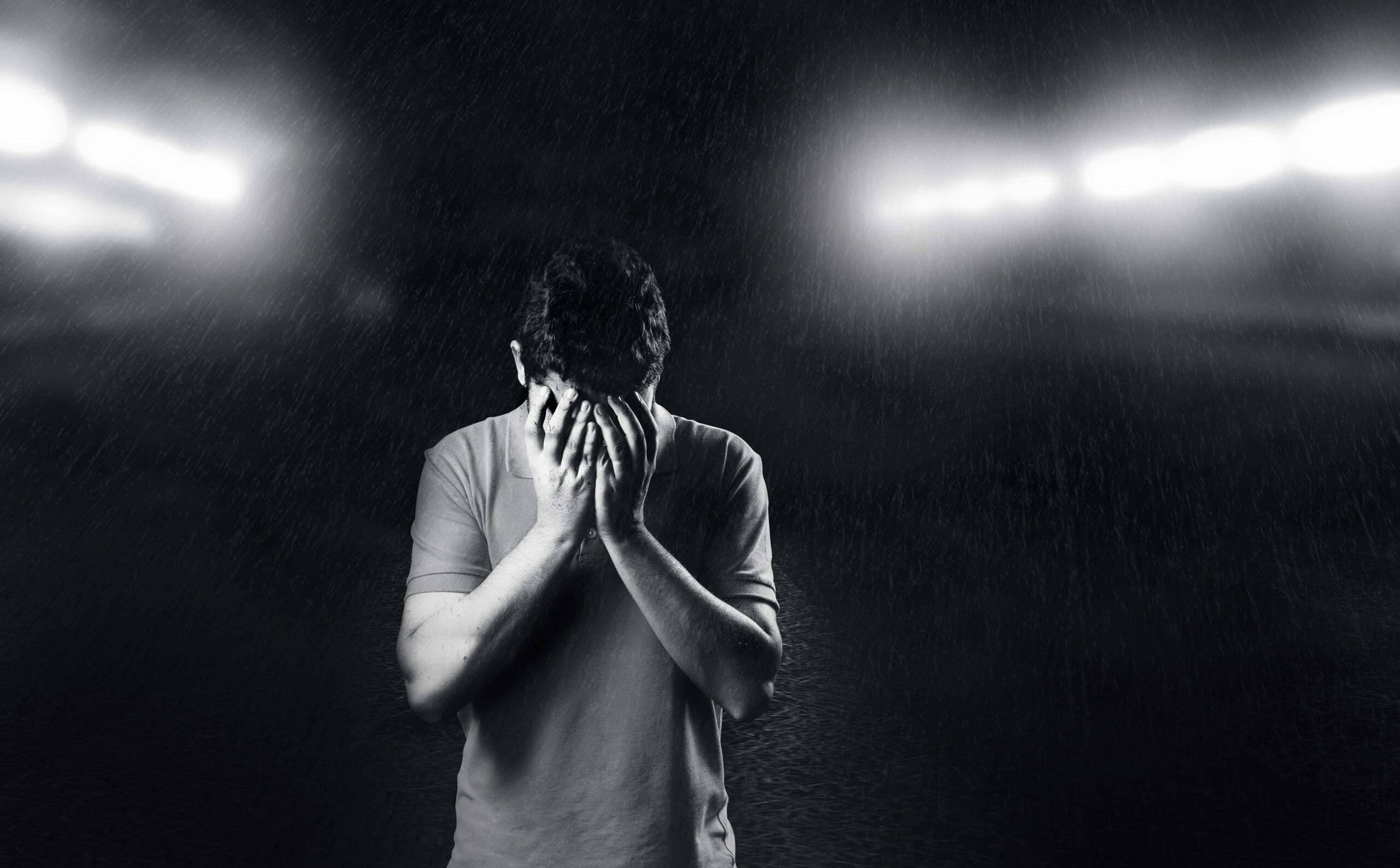
How Depression and Anxiety Can Affect Our Loved Ones and Children:
As Psychology Today mentioned, “Researchers have some evidence that depression susceptibility is related to diet, both directly—through inadequate consumption of nutrients such as Omega-3 fats—and indirectly, through the variety of bacteria that populate the gut. But depression involves mood and thoughts as well as the body, and it causes pain for both those living with the disorder and those who care about them. Depression is also increasingly common in children.
Have you ever noticed that when you seem to be irritable, your child is irritable? Or when you always feel tired, fatigued, and filled with anxiety, you notice your child, who never takes naps, decides to lay down beside you? Or if you are angry, your child is throwing tantrums and angry all day as well? In other words, our children are a part of us, and just like we feel their pain, they feel ours as well.
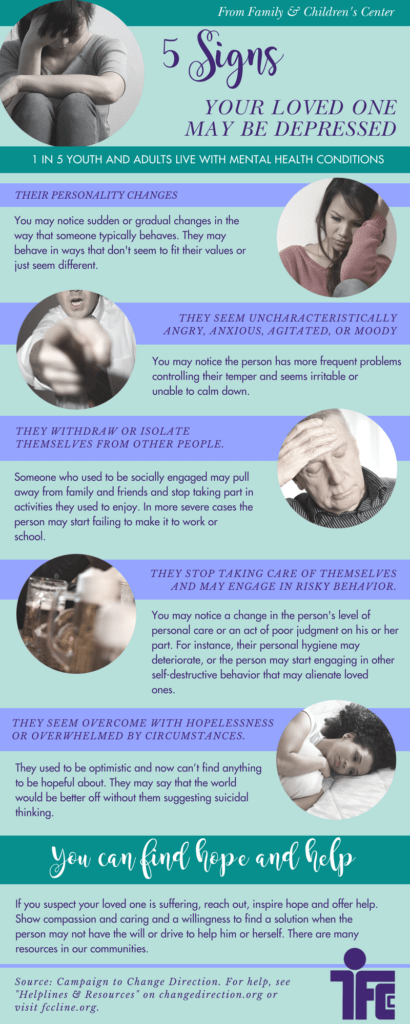
Growing Up with a Parent Who Battles Depression and/or Anxiety
- As babies, the mother and the child will have a difficult time bonding because the two are unable to form a connection due to battling anxiety and depression as a mom.
- Parents.com reminds us that a toddler is shaped by the interactions he has with adults. It takes energy and ingenuity to care for a child this age, but depressed parents are more likely to feel drained, irritable, and easily frustrated
- Kids who are school age are usually the ones forced to become “mini-adults”, taking over such duties as caring for younger siblings or making meals. As a result, they grow up craving to let that inner 13-year-old out all of their lives, because they were forced to grow up way too fast.
Children with a Parent Battling Anxiety and Depression are More Likely To:
- Develop depression themselves before adulthood.
- Extensive research by the Centers for Disease Control and Prevention (CDC) has also shown that a mother’s depression, especially when untreated, can interfere with her child’s:
- social development
- emotional development
- cognitive development
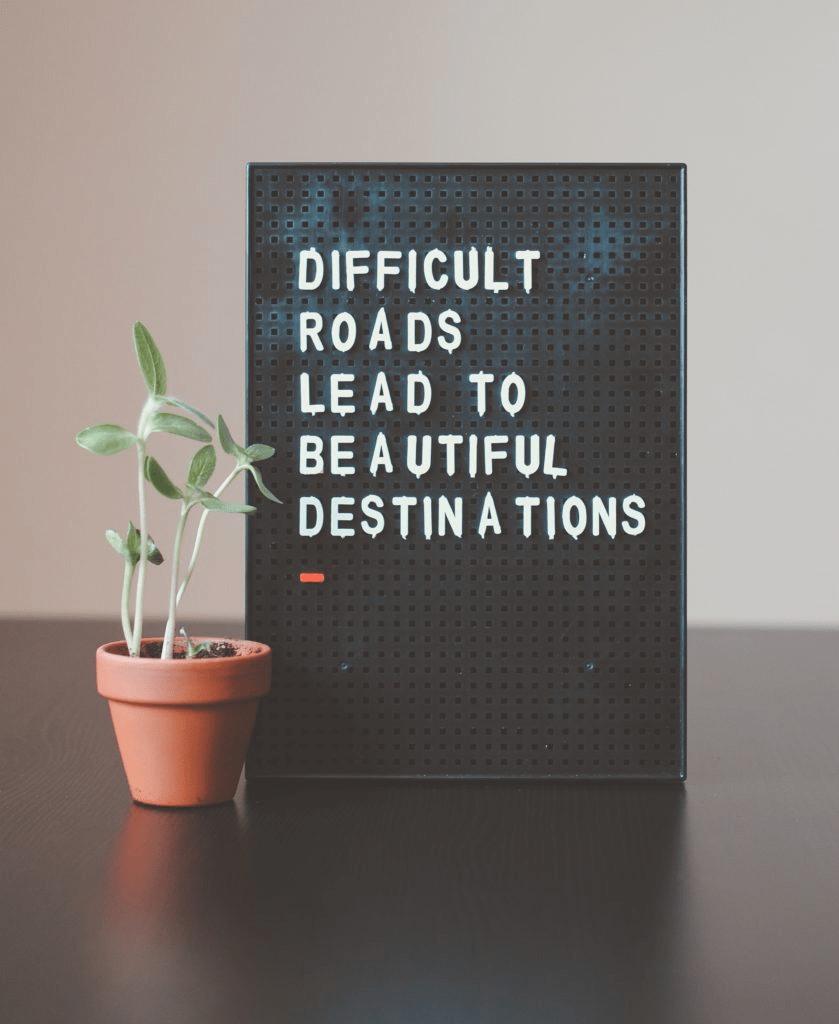
Ways You Can Cope with Depression and/or Anxiety
- Anxiety Coach:
If you are someone who opted out of the traditional therapy route, look into other options.
Ryan, CEO of BeatAnxiety.Me offers you a free 15min coaching consult session as a first time client to help you with battling anxiety and depression as a mom or as anyone who battles with it.
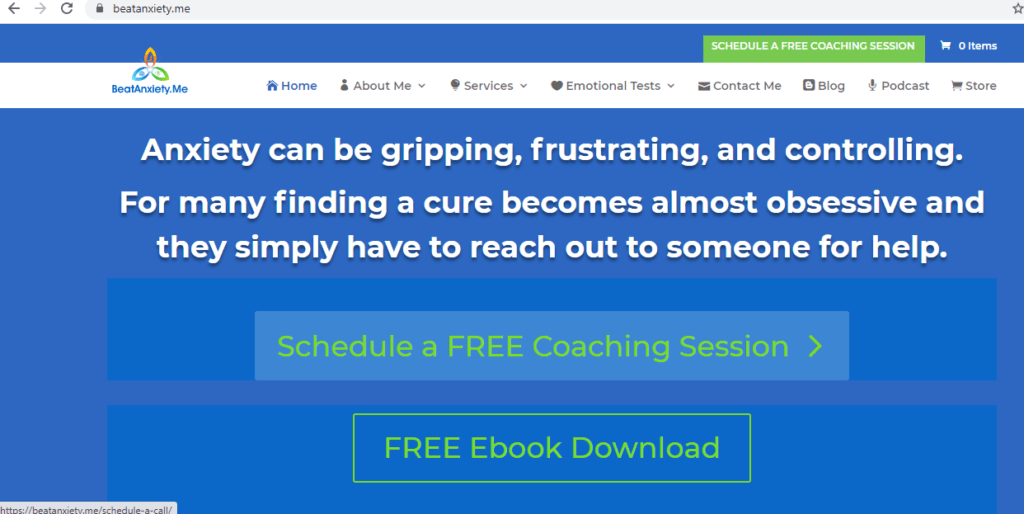
What is an Anxiety Coach?
An Anxiety Coach is someone who counsels and encourages a client on matters such as career or personal challenges.
- Diet and Exercise:
Living a healthier lifestyle and exercise have been shown to reduce anxiety and depression. For example, adding Omega-3 fats to your diet has been found to reduce symptoms of depression and anxiety
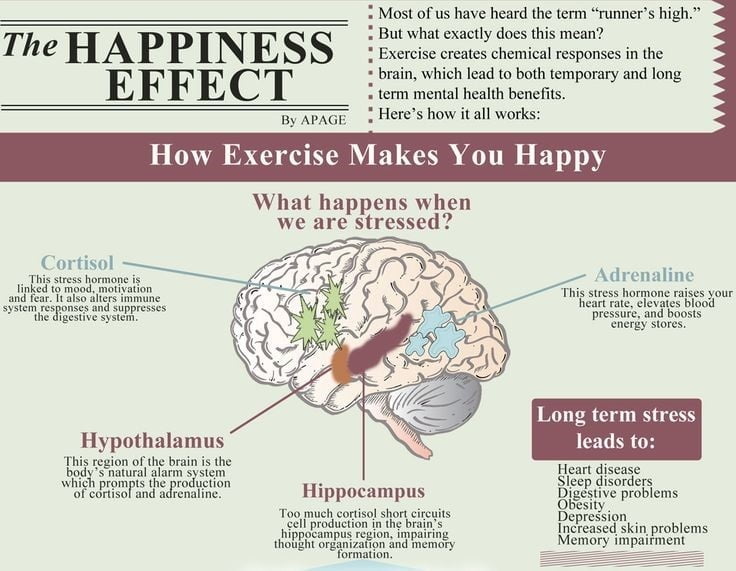
- Self Help Books:
- Therapy
therapy can range from 15 minutes- 2 hours depending on the care you need. While with your therapist you’ll focus on thoughts‚ feelings‚ and issues that are happening in your life now. Some cases can differ‚ understanding and accepting your past can help‚ but finding ways to address what is happening in your life now can help you cope and prepare you for challenges in the future. To clarify; you learn coping skills that will help you in the future.

- Medication
Herbal remedies are popular now. For instance; St. John’s Wort is known to help anxiety and depression
Taking Antidepressants is a widely known way of treating anxiety or depression. For instance, Lexapro, Celexa, etc. are some common treatment options for psychiatric use.

- Practicing Self-Care
Spend an entire day taking care of yourself. Mentally, emotionally, and physically. For example, set up a spa day for yourself, write in your journal, watch that movie you have not seen yet, or open the book you have been dying to read. Even if you choose to do absolutely nothing, just do it!

- Help them identify what they are feeling
- Listen to your child and help clarify anything they are uncertain about
- Tell the truth
- Be sure to educate yourself first, and learn the signs and symptoms of anxiety and depression.
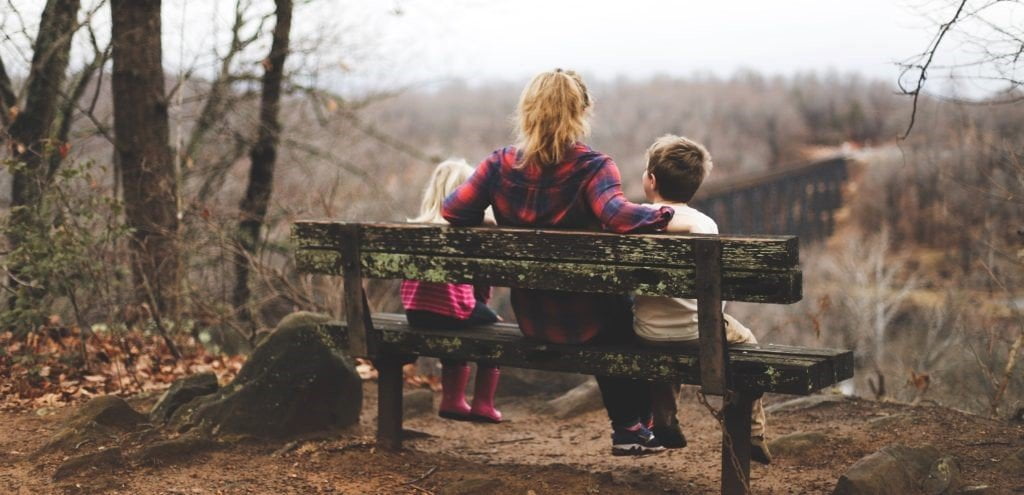
Depression and Suicide: Get Help in a Crisis:
Some people who battle depression or anxiety may think about hurting themselves or committing suicide (taking their own life). If you or someone you know is having thoughts about hurting themselves or committing suicide‚ please seek immediate help. The following resources can help:
- Call 1−800−273−TALK (8255) to reach a 24−hour crisis center or dial 911. 1−800−273−TALK is the National Suicide Prevention, which provides free‚ confidential help to people in crisis. The Substance Abuse and Mental Health Services runs this lifeline.
- Call 1−800−273−TALK (8255) to reach a 24−hour crisis center or dial 911. 1−800−273−TALK is the National Suicide Prevention, which provides free‚ confidential help to people in crisis. The Substance Abuse and Mental Health Services runs this lifeline.
Remember do not give up, because you are worth it!
